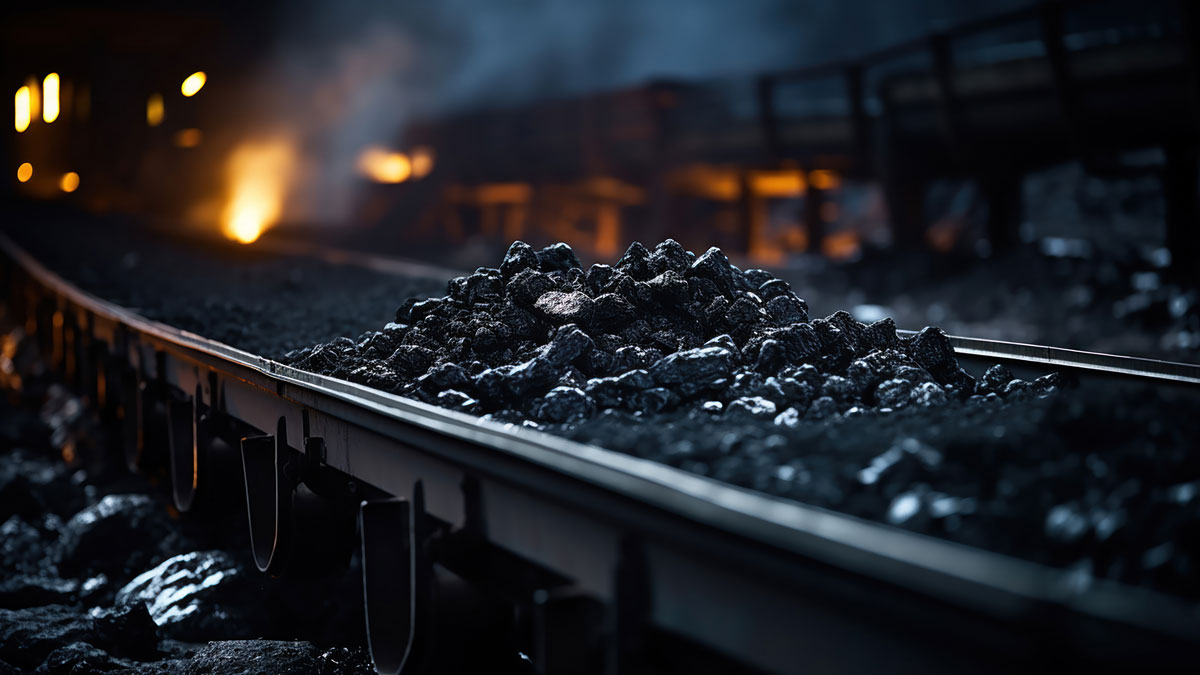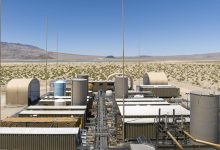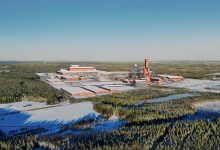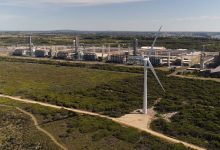Role of Coal in Europe’s Energy Security
Impact of Strategic Investments

Energy transition is a complex global process, and in the current context coal continues to play a significant role, even in the face of ambitions to reduce carbon emissions and promote renewable energy sources. In this context, Romania and other European countries are in a delicate balance between the need to ensure energy security and commitments to reduce dependence on fossil fuels.
Group 5 Rovinari: A landmark project for the Romanian energy sector
The inauguration of Group 5 at the Rovinari Thermal Power Plant and investments in modernizing the coal-fired infrastructure reflect the pragmatism needed to manage this transition. After a decade of works and investments of more than RON 620 million, Rovinari Group 5, part of Complexul Energetic Oltenia, is now operational, delivering 230 MW into the national energy system. In addition, the power plant meets the strictest standards of efficiency and environmental protection.
Romania’s Energy Minister Sebastian Burduja emphasized the importance of this project, saying: “The time for coal-fired power generation has not and will not pass without putting something else in its place.” This reflects a pragmatic position: energy transition is inevitable, but it must be managed in a way that avoids supply crises and ensures energy security.
European context and challenges of the energy transition
In Europe, the transition from coal to more sustainable energy sources is a priority, but the process is proving to be much slower and more complex than anticipated.
Germany, which has set an ambitious target of eliminating coal from its energy mix by 2038, has had to postpone this plan because of the energy crisis caused by conflicts in Ukraine and instability in the gas market.
Poland, with a long tradition of coal use, continues to be a major player in this market, considering coal essential for its energy security.
So, even countries with ambitious green policies, such as Germany and Poland, are being forced to keep coal-fired power plants as a fail-safe in the face of energy crises.
In this context, Romania is in a similar situation, with an energy infrastructure that is still heavily dependent on coal.
The recently modernized Group 5 at the Rovinari Thermal Power Plant represents a significant investment that underlines the continued role of coal in the national energy mix. Energy Minister Sebastian Burduja stressed that the energy transition must be a gradual one, and the modernization of coal-fired power plants is essential to ensure a safe and sustainable transition.
Coal and global energy security
In addition to Romania’s domestic challenges, the global geopolitical context has a profound influence on the European energy sector.
China, as a global economic player, plays a key role in Europe’s energy infrastructure, including investing in coal-fired power plants and developing new carbon capture technologies.
The Belt and Road Initiative’s energy infrastructure projects underline how coal remains a critical resource for developing economies in Central Asia and the Middle East, but also for Eastern European countries. In this context, Chinese investments in energy infrastructure in Poland and other Central and Eastern European countries highlight the importance of coal in maintaining energy and economic stability, even as Europe steps up its green transition efforts.
Thus, despite global commitments to cut emissions, coal remains a safe resource for many countries. Romania, with projects like Rovinari Group 5, reaffirms its commitment to ensure energy security in the short and medium term, without compromising long-term emission reduction targets.
Romania’s strategy: Balancing energy security and green transition
Romania faces the challenge of meeting the European Union’s energy transition requirements while ensuring its energy independence. In this context, Rovinari Group 5 is an example of modernization of coal-fired infrastructure.
The project not only meets today’s energy efficiency and environmental protection requirements but is also a precaution against possible energy supply crises.
Similar projects in other European countries also demonstrate that the energy transition cannot be achieved quickly without significant risks to economic and social stability.
Romania needs to adopt a balanced approach: on the one hand, to diversify its energy sources by investing in renewables, natural gas and nuclear energy; on the other hand, to continue modernizing its coal infrastructure to maintain energy security.
Challenges and opportunities for Romania
In this complex landscape, Romania needs to invest not only in modernizing the energy infrastructure, but also in social programs to support the vocational retraining of coal industry workers.
In Oltenia, where the mining sector is an important source of jobs, the energy transition must be accompanied by measures to ensure effective retraining of the workforce. These measures are essential to avoid rising unemployment and support the development of new green industries.
Romania also has the opportunity to strengthen its economic and infrastructure links with China and other emerging economies in Asia under the New Silk Road project.
Investments in energy infrastructure, including modernized coal projects, can bring significant economic and technological benefits, positioning Romania as a strategic node in global energy networks.
Thus, Romania must show pragmatism in approaching the energy transition, emphasizing the need to maintain a diversified energy mix that ensures energy security in the short and medium term.
As Europe continues to navigate the challenges of the green transition, coal remains an essential element but requires constant modernization to reduce its environmental impact.
Romania has the chance to be a leader in managing this balance by investing in sustainable energy solutions while safeguarding its economic and social stability.






